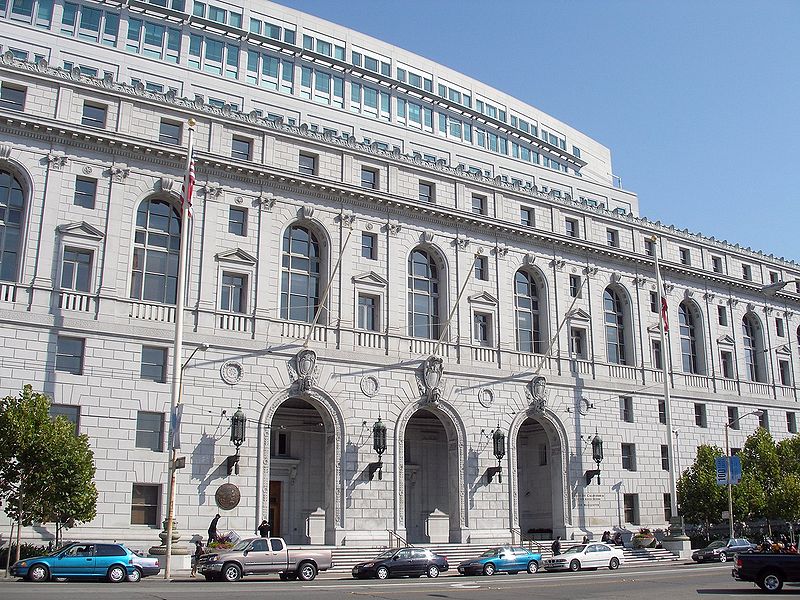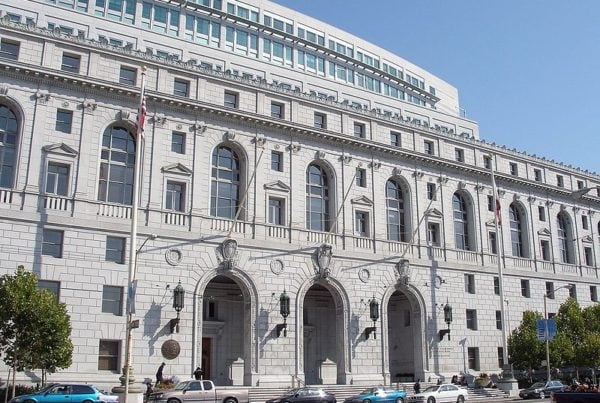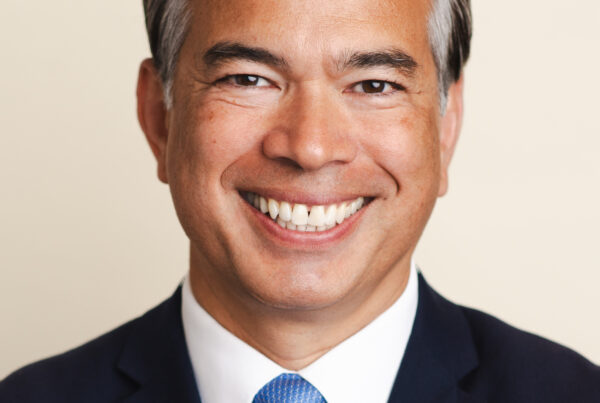Christopher Guy Jasso will have his death sentence reviewed by the California Supreme Court on Jan. 7. Jasso was convicted of murder on Dec. 1, 2009. He was one of two people alleged to have fatally shot an Indio taxi driver on Sept. 7, 2003. Death sentences are automatically appealed by the California Supreme Court.
Jasso argues for his murder conviction to be reversed. The jury did not find him personally guilty of shooting the deceased, and could have believed his co-defendant guilty, his brief reads.
At the time of his conviction, acting as an accomplice in a homicide was enough to bring a murder conviction. That changed with Penal Code Section 1172.6, which passed in 2018. Now, the personal use of the weapon to commit the killing is required for a murder conviction.
“It is entirely feasible based on the evidence and the verdicts that the jury believed appellant brought the gun in the taxi, gave it to (co-defendant Fabian) Perez without any knowledge that he would use it, and Perez unexpectedly shot and killed Mr. Cardona,” his supplemental opening brief reads.
Prosecutors disagree, and say that the jury’s finding that Jasso used a firearm proves they believed he was the actual shooter.
“But the amended statute maintains murder liability for actual killers, and the verdicts here conclusively establish that the jury found appellant fired the fatal shots…To return a true finding on the use enhancement, the jury had to find that appellant personally used a .25 caliber firearm during the commission of the murder,” their supplemental opening brief reads.
The shooting
Taxi driver Carlos Cuellar Cardona was seen by a witness driving a taxi van on Indio’s Aztec Street, past midnight on Sept. 7, 2003, according to an appellate ruling in Perez’ case. A dark colored Nissan Maxima followed the van, and a witness heard a pop.
The witness found Cardona’s body lying by the intersection of Aztec and Avenue 44, just off I-10 Exit 144. His taxi was 45 feet away.
He had been shot twice in the head, and his wallet was missing. Police found two .25 caliber shell casings and Jasso’s fingerprints on a newspaper left in the taxi.
A convenience store’s surveillance camera recorded Jasso entering Cardona’s taxi. Perez told police that he had driven the Nissan Maxima to pick up Jasso following the robbery. Jasso gave Perez $100 out of the total $300 he stole, Perez said according to the ruling.
Perez’ conviction vacated
Perez was convicted of murder by trial and sentenced to life without the possibility of parole. His conviction was reversed on appeal on Jan. 8, 2016.
Appellate justices found that Perez’ statements to a police sergeant should have been suppressed at trial. The statements were motivated by the sergeant’s promise of leniency, and are legally inadmissible. The sergeant said if Perez was honest and told the truth, “we are not gonna charge you with anything,” according to the appellate ruling.
Case information
The Supreme Court hearing is scheduled for 9:30 a.m., and can be viewed remotely on the Supreme Court’s website.
Riverside County Superior Court Judge Richard Erwood presided over the trial.
Riverside Case No. INF047207
Supreme Court No. S179454
Glen Niemy, under appointment, represents Jasso.
Deputy Attorney General Paige Hazard represents the People.
View the case docket here
Read Perez’ appellate ruling here
Read Jasso’s opening brief here.
Read the prosecution’s opening brief here.
[/wlm_private]







